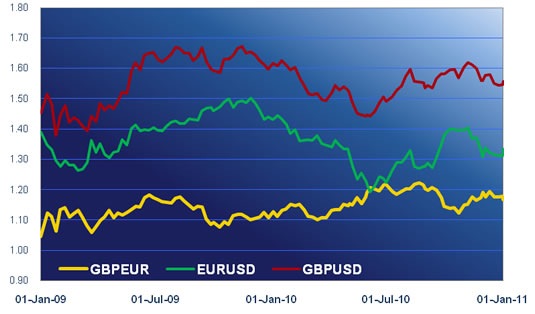– The analysts say 0.4% growth
– Investors don’t trust them
Good morning. Anyone still under the illusion that economics is a science should consider this morning’s media. On the Bank of England’s website is the text of a speech by MPC member Andrew Sentance. In it he said “if we do not start to raise UK interest rates gradually soon, we risk having to do so more aggressively in the future – which could create a big shock…”. He believes rates need to start moving higher. Meanwhile, back at stately Wayne Manor, Roger Bootle argues in the Daily Telegraph that “MPC members must stop up their ears: even a small rate rise could be fatal”. These chaps studied their craft at Cambridge and Oxford. They have the experience to know what they are talking about. Yet they disagree at a fundamental level even though all the information is in the open. And they cannot both be right. It’s a worry. If there is no definitively correct answer the Bank of England might as well pick people at random from the street for its monthly policy meetings.
A similar problem arises with the estimate for Britain’s fourth quarter gross domestic product (GDP) that comes out this morning. There is disagreement about what the number will be. In fairness, calculating GDP is a nightmare at the best of times. It is no mean feat to tot up “the market value of all final goods and services produced within a country” over a three-month period. Analysts’ predictions vary. No correct answer will be available for another two months and even that “final” figure will be subject to later revision. There is a general consensus that growth in the fourth quarter was slower than the 0.7% seen in Q3; opinion is divided as to whether it will turn out to be 0.4% or 0.5%. Judging by the downward path of sterling prior to London’s opening, investors reckon the analysts are being unduly optimistic and that the figure will turn out to be lower.
Another figure the economists got wrong was Australian inflation, released early this morning. The consumer price index (CPI) rose by 0.4% in Q4, half the expected increase. Annual CPI inflation in calendar 2010 fell to 2.7%. It was supposed to have risen to 3.0%. The Australian dollar dropped more than half a cent on the news, only to regain the lost ground over the following six hours. On the face of it the lower figures reduce the chance of higher Australian interest rates this year but local analysts think Q4 2010 could mark a low point in the inflation cycle. Anyway, at 4.75% the Reserve Bank’s cash rate is still attractive in comparison with what is available in Japan, Europe and North America.
Data from elsewhere around the world today include German consumer confidence, already announced to have crept up from 5.5 to 5.7, and the Swiss consumption indicator, up from 1.63 to 1.84. Canadian CPI inflation is supposed to have risen to 2.5% in December. US figures for house prices and consumer confidence come out after lunch, together with the Richmond Fed’s manufacturing index.
For sterling though, it will be the GDP number that defines the tone, perhaps confused by the public sector net borrowing figure that appears at the same time. Never mind that the fourth quarter is done and gone; investors set great store by the GDP data. After its early hit the pound might conceivably deliver a relief rally on a 0.4% outcome. Anything higher would almost surely be positive. But woe betide sterling if the figure is negative.






